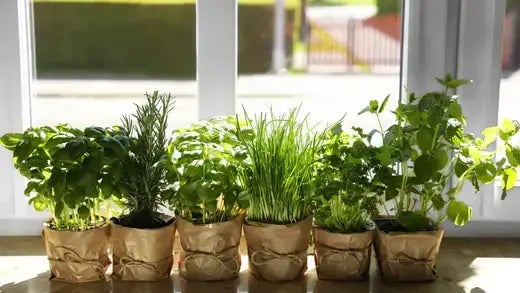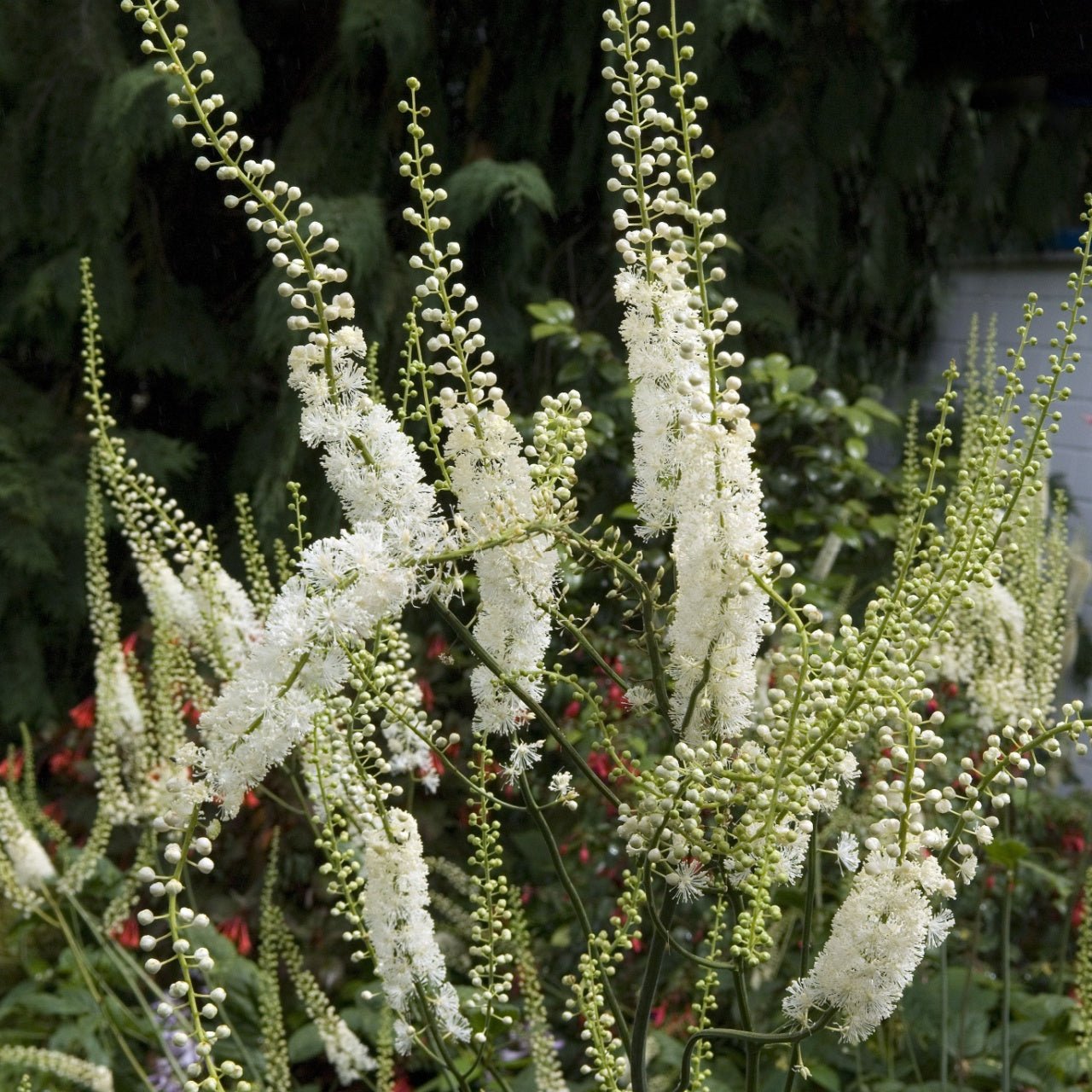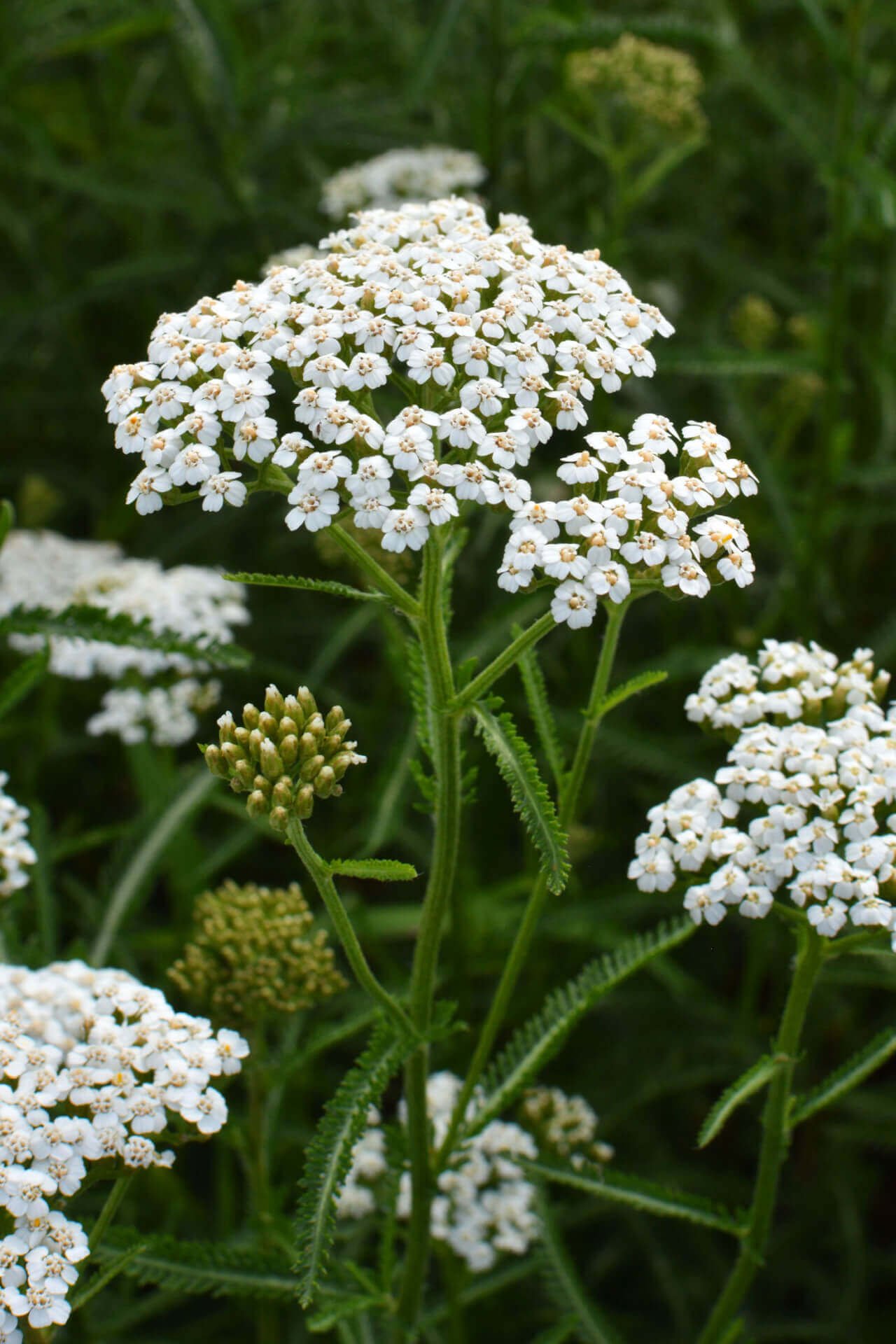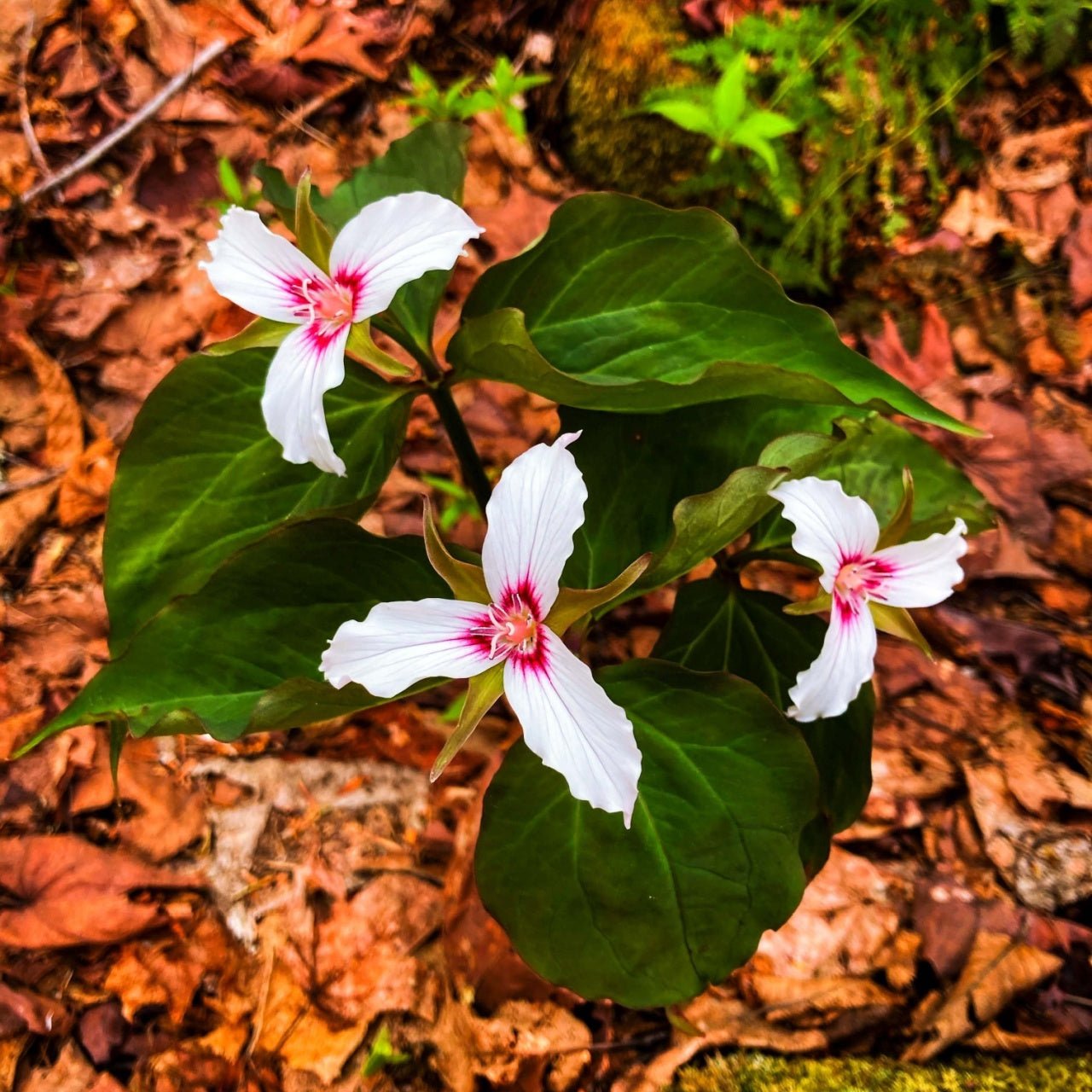10 Effective Natural Pesticides to Safeguard Your Plants
While chemical pesticides are commonly used, they can harm the environment and human health. Fortunately, numerous natural alternatives can effectively protect your plants from pests without causing harm. In this article, we will delve into ten natural pesticides you can utilize to ensure the well-being of your beloved plants.
Neem Oil
Neem oil is a powerful natural pesticide. Neem oil not only repels a wide variety of pests but also has antifungal properties. Mix neem oil with water and a small amount of liquid soap to create an emulsion. Spray this solution on your plants to deter pests and control fungal infections.
Diatomaceous Earth
Diatomaceous It works by physically damaging the exoskeletons of insects, leading to dehydration and death. Diatomaceous earth is particularly effective against crawling insects like ants, cockroaches, and slugs. Sprinkle a thin layer near the base of your plants or directly on the leaves to create a barrier against pests.
Garlic and Chili Pepper Spray
A homemade garlic and chili pepper spray is an excellent natural pesticide for repelling various insects. Both garlic and chili peppers contain compounds that deter pests due to their pungent odors and flavors. To create the spray, blend a few cloves of garlic and some chili peppers with water. Strain the mixture and dilute it with water before spraying it on your plants. To ensure your plants can tolerate the solution, remember to test a small area first.
Soap Spray
A simple soap spray can be highly effective against soft-bodied insects like aphids, mealybugs, and spider mites. The soap disrupts the insects' cell membranes, causing them to dehydrate and die. Make sure to avoid using harsh soaps that could harm your plants.
Oil Sprays
Horticultural oils, such as neem and mineral oils, can suffocate insects by coating their bodies and blocking their airways. These oils are effective against various pests, including scales, mites, and whiteflies. Dilute the oil with water and spray it onto your plants according to the instructions. Be cautious when using oil sprays during hot weather, as they can cause sunburn on your plants' leaves.
Pyrethrin Is An Amazing Natural Pesticide
Pyrethrin is a natural insecticide that targets a broad spectrum of insects. It affects the nervous system of pests, leading to paralysis and eventual death. Pyrethrin is relatively safe for humans and animals when used as directed. It's available in various formulations, including sprays and dust, and can effectively control pests like mosquitoes, flies, and beetles.
Companion Planting
Companion planting involves growing plants near each other to repel pests or attract beneficial insects. For instance, marigolds emit a scent that repels aphids and nematodes while attracting pollinators. Nasturtiums can deter whiteflies and squash bugs. Planting garlic and onions near roses can help prevent aphids. Research companion planting combinations that suit your garden and its specific pest challenges.
Coffee Grounds
Used coffee grounds can be recycled as a natural pest deterrent. They contain compounds that repel snails, slugs, and even ants. Spread a layer of coffee grounds near your plants to create a barrier that pests are less likely to cross. Additionally, the settings can act as a natural fertilizer as they break down over time.
Vinegar Solution
Vinegar, particularly apple cider vinegar, can be a natural pesticide against specific pests. A diluted vinegar solution can help control ants, aphids, and fruit flies. Mix equal water and vinegar and spray it directly on the problems. However, be cautious when using vinegar on plants, as it can harm delicate foliage. Please test a small area first to ensure your plants can tolerate it.
This simple yet effective solution offers a non-toxic alternative to chemical pesticides, making it an attractive option for indoor and outdoor pest control. Vinegar, a common household item, contains acetic acid, which disrupts the pests' sensory signals, leading to confusion and deterrence. This diluted mixture minimizes the potential harm to plants and surfaces while retaining its pest-repelling properties.
Ants are social insects that leave scent trails to communicate with their colony members. The acetic acid in vinegar interferes with these trails, disrupting their ability to find food sources. Spraying the diluted vinegar solution along ant trails and entry points can discourage movement and eventually redirect their activity away from your living spaces. Aphids, tiny insects that feed on plant sap, can wreak havoc on gardens and indoor plants.
The diluted vinegar solution is a natural pesticide for aphids
When applied directly to infested plants, the solution helps eliminate these pests while preventing new infestations. Be cautious when using the key on delicate or sensitive plants, as vinegar's acidity could harm them. Fruit flies, drawn to overripe and decaying fruits, can be exceptionally bothersome in kitchens and dining areas.
The diluted vinegar solution serves as a trap by using the scent to lure fruit flies into a container. Placing a small solution dish with a drop of dish soap near the affected area can attract and trap these flies effectively. In significant pest problems, other integrated pest management strategies might be necessary alongside vinegar-based solutions.
Rotation of control methods and maintaining cleanliness are critical components of successful pest management. A diluted vinegar solution offers a practical and non-toxic approach to controlling ants, aphids, and fruit flies. By leveraging vinegar's acetic acid properties, you can create an environment that deters these pests from invading your living spaces and damaging your plants.
Baking Soda
Baking soda can serve as a natural fungicide. It creates an alkaline environment that inhibits the growth of fungal spores. Mixing baking soda with water and a small amount of soap can help prevent and control fungal diseases like powdery mildew. Spray this solution on your plants, focusing on the areas most susceptible to fungal infections.
Protecting your plants from pests and diseases can sometimes require chemical pesticides.
These ten natural alternatives offer effective, eco-friendly solutions to keep your plants healthy and thriving. Integrating these methods into your gardening routine, from neem oil to companion planting, can contribute to a vibrant and pest-resistant garden or indoor plant collection. Always test any solution on a small portion of your plants before applying it more broadly, as some plants may be more sensitive to specific treatments.
How to Make Your Own Natural Pesticides
You can protect your garden from pests using natural pesticides, also known as DIY pesticides, which avoid harmful chemicals that damage beneficial insects, wildlife, and soil quality. Commercial pesticides achieve pest control but risk damaging local ecosystems and human health when misapplied. Using homemade natural pesticides, you create helps preserve organic garden or farm health while minimizing environmental impact. This section provides several techniques and preparations for making homemade natural pesticides.
1. Understanding Natural Pest Control
Anyone planning to create a DIY pesticide needs to be familiar with fundamental natural pest management techniques. An imbalanced ecosystem often leads to pest invasions on gardens and farms. Natural predators become scarce, or plants face stress from substandard soil conditions, insufficient water supply, or harsh temperature conditions. The initial step in preventing pest issues is cultivating robust and durable plants. Healthy soil combined with proper watering, crop rotation, and companion planting fosters plant growth, which helps reduce pest control requirements.
Whenever possible, try integrated pest management (IPM). Integrated Pest Management (IPM) employs pest monitoring while implementing physical barriers, including row covers and netting, and directs the removal of pests through manual destruction. You can introduce homemade sprays to solve plant problems when pests continue to attack them. Before fully applying new treatments throughout your plant setup, evaluate their effects on a limited area to avoid unexpected harm.
2. Common Ingredients for DIY Pesticides
Soap: Many natural pesticide recipes use mild liquid dish soap and pure castile soap as essential components. The soap dissolves the protective coverings of insects such as aphids, whiteflies, and mites, leading to dehydration. Select biodegradable soap that lacks synthetic fragrances and harsh chemicals, which could damage plants.
Neem Oil: The oil derived from the neem tree is a robust resource for organic gardeners. Azadirachtin in neem oil interrupts insect life cycles, blocking their reproduction ability. Neem oil also has some antifungal properties.
Garlic: The pungent aroma of garlic is a natural repellent for different insects. The sulfur compounds in garlic help keep aphids and caterpillars away without damaging plants.
Chili Peppers: Capsaicin from hot peppers acts as a strong repellent for numerous chewing insects. Sprays containing chili peppers effectively keep rodents and other garden invaders away.
Baking Soda: Baking soda functions as a fungal control agent for problems like powdery mildew instead of serving as an insecticide. This ingredient helps protect plants from fungal diseases, which weaken them and increase their vulnerability to insect attacks.
3. Basic Soap Spray
Essential soap spray is a simple yet effective pesticide option. This solution works best on soft-bodied insects, including aphids, spider mites, and mealybugs.
Ingredients:
1 teaspoon of mild liquid soap
1 liter of water
Instructions:
Pour both the soap and water into a spray bottle to blend them.
Shake gently until well mixed.
Directly apply the spray to the pests and then to the leaf undersides because insects commonly seek shelter there.
Notes: Apply this spray exclusively during early morning or late evening hours to protect plants from sunlight damage. Use water to rinse off the leaves after two hours if they appear discolored.
4. Garlic-Chili Pepper Spray
When garlic and chili peppers are combined, they form a potent pesticide that works in two ways. The blend contains garlic sulfur compounds and chili peppers' heat to repel insects.
Ingredients:
1 head of garlic
Mix one tablespoon of chili flakes or 1 to 2 fresh hot peppers.
1 liter of water
You may add several drops of mild dish soap if desired.
Instructions:
Mix the garlic, chili peppers, and water until fully integrated.
Sifting the mixture through mesh or cheesecloth separates solids, preventing the spray nozzle's blockage.
You can boost effectiveness by adding a few drops of mild dish soap.
Put the liquid into a spray bottle before applying it to plants that need treatment.
Notes: Test a small section before applying it to your entire plant. Store the spray in a sealed container when you prepare more than you will use at once because it emits a pungent smell.
5. Neem Oil Spray
Neem oil is a multi-purpose pesticide that stops the development of insects such as whiteflies, aphids, and thrips. It's also mildly effective against some fungi.
Ingredients:
2 teaspoons of neem oil
1 teaspoon of mild liquid soap
1 liter of warm water
Instructions:
In a small container, combine neem oil and soap to mix.
Add warm water to the mixture, then stir gently until emulsification occurs.
Pour into a spray bottle.
Spray all leaf surfaces with a focus on the undersides during early morning or late evening hours.
Notes: Repeat application is necessary every 7 to 14 days or following a heavy rain event. Select pure cold-pressed neem oil to achieve optimal results.
6. Tips for Effective Use
Timing: To protect bees and beneficial insects, spray when pollinators are inactive early or late in the evening.
Consistency: Monitor pest populations regularly. To maintain their effectiveness over time, natural pesticides require multiple applications.
Storage: Create small amounts of homemade pesticides. Because they lack preservatives, their shelf life is limited to one week. Store in a cool, dark place.
Application Method: Apply leaves with a fine mist spray for even coverage. Examine the undersides of leaves because this is where most pests congregate.
7. Balancing Pest Control and Garden Health
Natural pesticides function as one element within the larger framework of garden health maintenance. Maintaining fertile soil through organic matter, practicing crop rotation, and supporting beneficial insects such as ladybugs and lacewings create a sustainable pest control solution. Using flowers to naturally draw in pollinators and predators helps lessen pest infestations.
People can create homemade natural pesticides that are simple and affordable while protecting the environment better than synthetic pesticides. You can generate effective pest control solutions for your garden by mixing soap with garlic, chili peppers, or neem oil. To achieve a flourishing garden that supports environmental well-being, you should utilize these sprays carefully while practicing good gardening habits. Through regular monitoring and proper care combined with homemade formulas, your garden will remain free of pests and support a healthy, productive backyard ecosystem.
Read more

Selecting the right herbs and providing them with proper care fosters a harmonious environment where plants and people flourish. With a diverse array of herbs at one's fingertips, cultivating a suc...

Proper care and maintenance are necessary because most trees can have a life span of 150 to 300 years. They prove to be an excellent investment for many generations.





